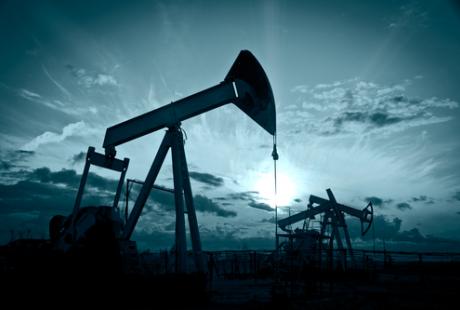Multiple oil transport and storage companies across Europe are dealing with cyber-attacks. IT systems have been disrupted at Oiltanking in Germany, SEA-Invest in Belgium and Evos in the Netherlands. In total dozens of terminals with oil storage and transport around the world have been affected, with firms reporting that the attacks occurred over the weekend.
About the Author
-
ISBuzz Team embodies the collaborative efforts of the dedicated staff at Information Security Buzz, converging a wide range of skills and viewpoints to present a unified, engaging voice in the information security realm. This entity isn't tied to a single individual; instead, it's a dynamic embodiment of a team diligently working behind the scenes to keep you updated and secure. When you read a post from ISBuzz Team, you're receiving the most relevant and actionable insights, curated and crafted by professionals tuned in to the pulse of the cybersecurity world. ISBuzz Team - your reliable compass in the fast-evolving landscape of information security



